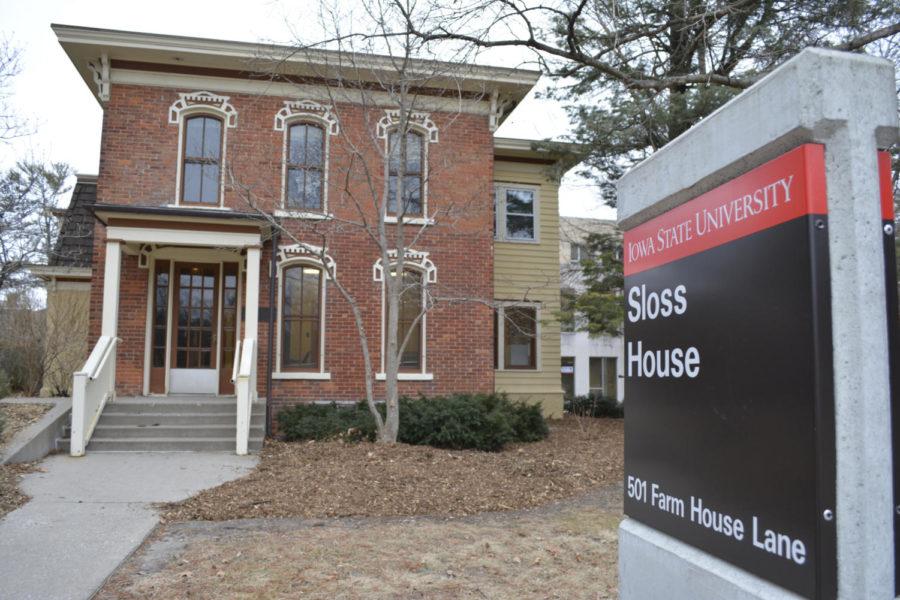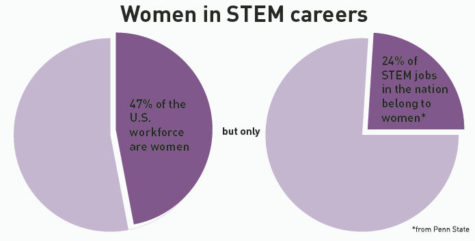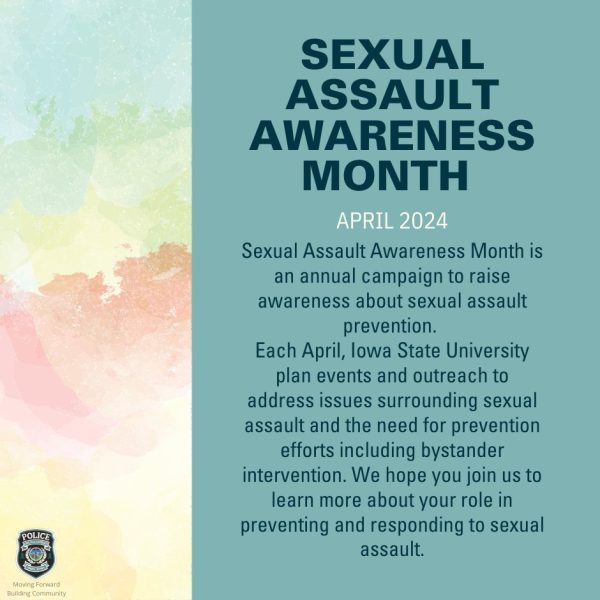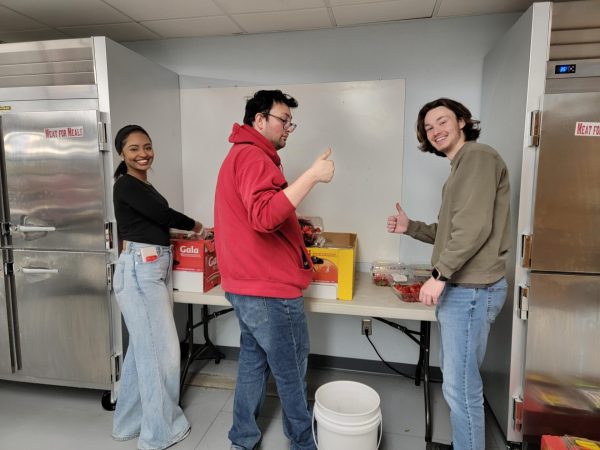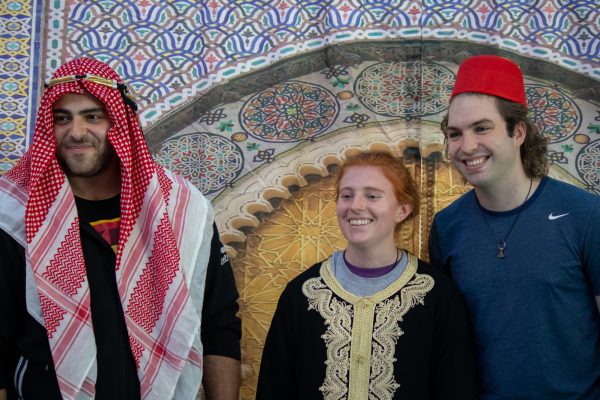Feminist Friday discusses the origins of the Principles of Community
Katlyn Campbell/Iowa State Daily
The Sloss Center discussed the origins of the Principles of Community in their latest entry to their lecture series, Feminist Friday.
October 24, 2021
The latest entry from the Sloss Center’s Feminist Friday series Oct. 22 featured speakers discussing the origins of Iowa State’s Principles of Community.
Originating in 2005 after a series of hate crimes involving widespread vandalism targeting marginalized groups on campus, two of the originators of the Principles of Community for Iowa State, Philip Hernandez and Penny Rosenthal, helped usher in a new set of standards for diversity at Iowa State.
A former student at Iowa State, Hernandez was at an internship at the University of Southern California during the events in 2005. After feeling embarrassed from Iowa State, a university he felt very fondly of during his graduate program, Hernandez took inspiration from Southern California’s Principles of Community that the university had already implemented.
“There’s something about this,” Hernandez said. “We needed to do something about this from a grassroots approach, and so a commission was formed through the student government, which I was a chair [member] of.”
Becoming co-chair with fellow speaker Penny Rosenthal, the former director of the Sloss Center, Hernandez and Rosenthal helped create the standards that would become a framework for Iowa State’s revamped efforts in diversity.
“I remember talking to a professional staff [member] on campus, and he was saying, ‘Well, you know, when this happens to the LGBT community, we don’t get the same response as when it happens to the women’s community,’” recalled Rosenthal. “I was trying to help him understand that there’s no hierarchy in oppression. When it hurts one group, it hurts all of us.”
Acknowledging the brunt of the series of hate crimes being centered around the LGBT community at Iowa State, Rosenthal wants others to understand that actions like those that happened in 2005 affect all marginalized groups both on campus and in the city of Ames at large.
While pulling inspiration from references like the University of Southern California, Iowa State had made their own efforts in cementing what students wanted to see in becoming a more accepting place for marginalized groups.
Speaking to students, faculty and staff, the commission in charge of the effort worked with a large population of people to come up with what, facilitator for the event, nicci port, the director of Gender and Sexual Diversity Initiates at Iowa State, called “cultural furniture.”
Citing Iowa State’s Principles of Community as cultural furniture, Port closed out the event by speaking on how while the Principles of Community were a great initial effort, it is not the end all be all in making Iowa State a more inclusive space for marginalized groups.

